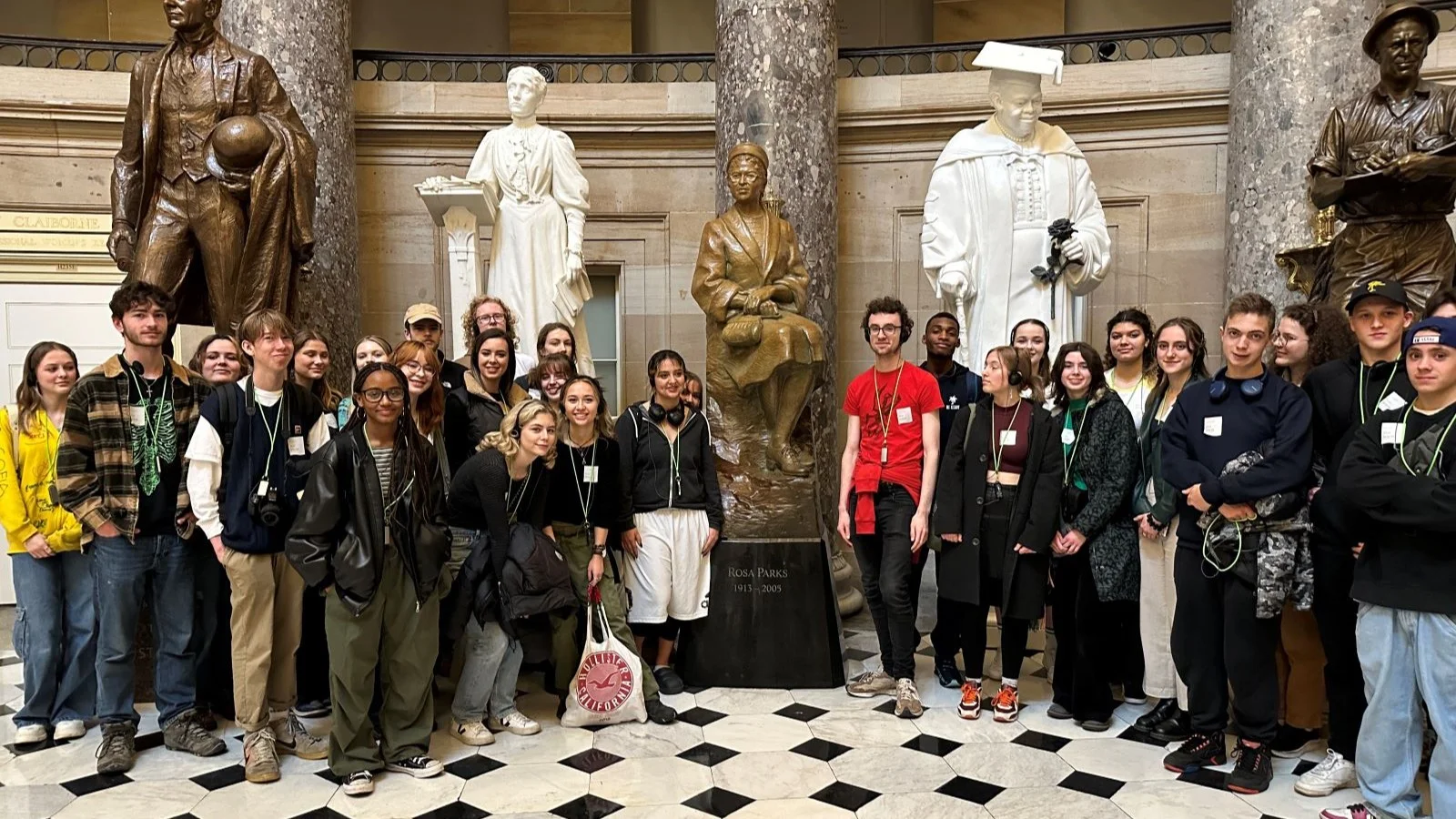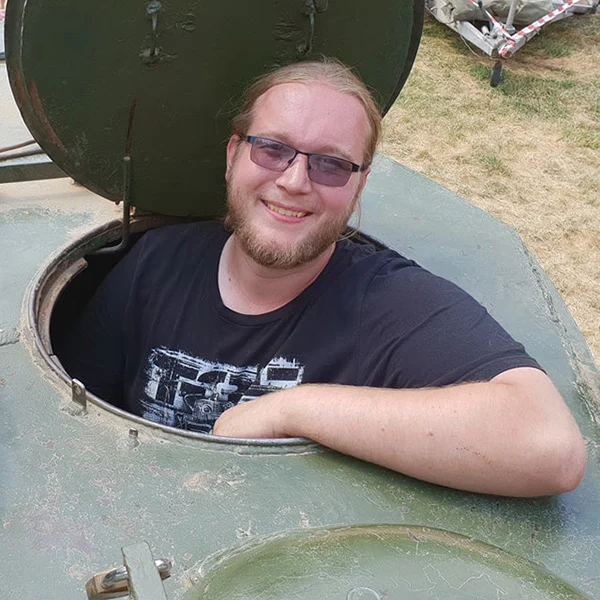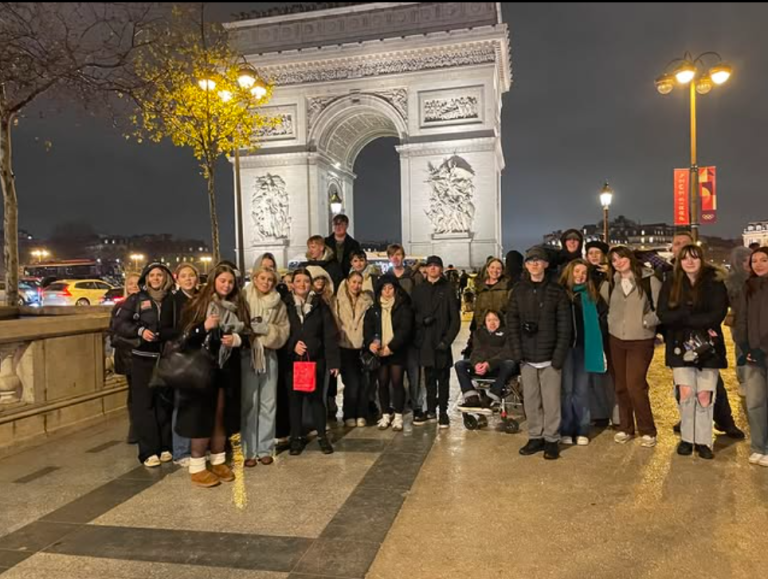
History - Modern
History isn’t just about the past—it’s about understanding the world we live in today. As a Modern History student, you’ll explore some of the biggest controversies of the 19th and 20th centuries, debating questions such as:
- Was Stalin simply a ‘Red Tsar’?
- Was Mao a brutal dictator or a visionary reformer?
- Why did it take so long for working people in Britain to gain the vote?
Through dynamic discussions, independent research, and real-world historical investigation, you’ll develop critical skills that will help you form your own interpretations of the past.
Experience History First-Hand
This course offers opportunities to visit key historical sites, such as:
- Russia, the land of the Tsars and the birthplace of communism
- Italy or America, where you can explore your coursework theme in depth
- The Keep (Sussex University’s prestigious archive), where you’ll sharpen your research skills
Year 1
Russia 1917-91 from Lenin to Yeltsin
- How did communism change up to 1985?
- Why did the USSR collapse in 1991?
Mao’s China 1949-1976
- How did the party establish control?
- What were the origins of the Cultural Revolution?
Year 2
Protest, agitation and Parliamentary reform in Britain 1780-1928
- What role did protest movements play in expanding democracy?
- How significant were the Suffragettes in securing votes for women?
Coursework: Your Choice!
- Investigate a question from one of the exam topics (Modern or Early Modern History)
- OR choose an entirely different subject, such as the Renaissance or the causes of the American Civil War

Frankie Pulham
Studied: Modern History, BTEC Extended Diploma in Public Services Progression: Military Historian
Frankie chose not to go to university but instead followed his ambition to be a Military Historian. Whilst he may return to education to acquire a degree in History, he has instead spent his time since leaving college writing books.
His first book titled ‘Fallen Giants: The Combat Debut of the T-35A Tank’ was published in August 2017 and his second book ‘T-34 Shock: The Soviet Legend in Pictures’ was released in June 2021 and was the best selling military history book on amazon UK and US, and has since sold out in America twice.
His history work has extended to real world applications and in the summer of 2016, he was involved in the recovery of a World War Two tank, buried near Dorking, which was filmed for the History Channel and was also involved in two tank restoration projects.
In 2019 he started his own living history group, ‘Krasniy Konverv’ and now gives presentations on the Red Army in World War Two, life as a soldier and crewing a tank. Frankie is currently writing further books, and is still interested in going to university, either to study history or go into primary education.
Course Essentials
Courses Available
A Level
How The Course is Assessed
80% exam, 20% coursework
Career Pathways
Modern History equips you with analytical and communication skills that open doors to a wide range of careers, including: Law & Politics (Government, diplomacy, and international relations), Education & Research (teaching, academia, and historical investigation, Media & Journalism (writing, publishing, and documentary research)
Transferable Skills
Independent research, critical thinking, persuasive speaking, analytical writing, teamwork.
Other Information
In recent years we have visited New York, Washington and Edinburgh in collaboration with the Politics department. We also run a research skills trip to The Keep, Sussex University's unique archive, as part of the Historical Investigation. This is particularly useful for students aiming to study History at university.
Enquiries To
Ruth Kelly: rak@varndean.ac.uk
News
Law and History students spend 4 days in Paris
Varndean College Law and History students recently spent 4 magical days in Paris exploring the roots of the French Revolution and history of human rights; all integral to their studies.
After a chilly riverboat trip down the Seine, taking in the newly opened Notre Dame and other famous sights, they were regaled with tales of revolutionary slaughter and intrigue. Their trip ended at the Palace of Versailles; where they saw the aristocratic opulence juxtaposed with the evident suffering of the masses. A true human rights journey!

